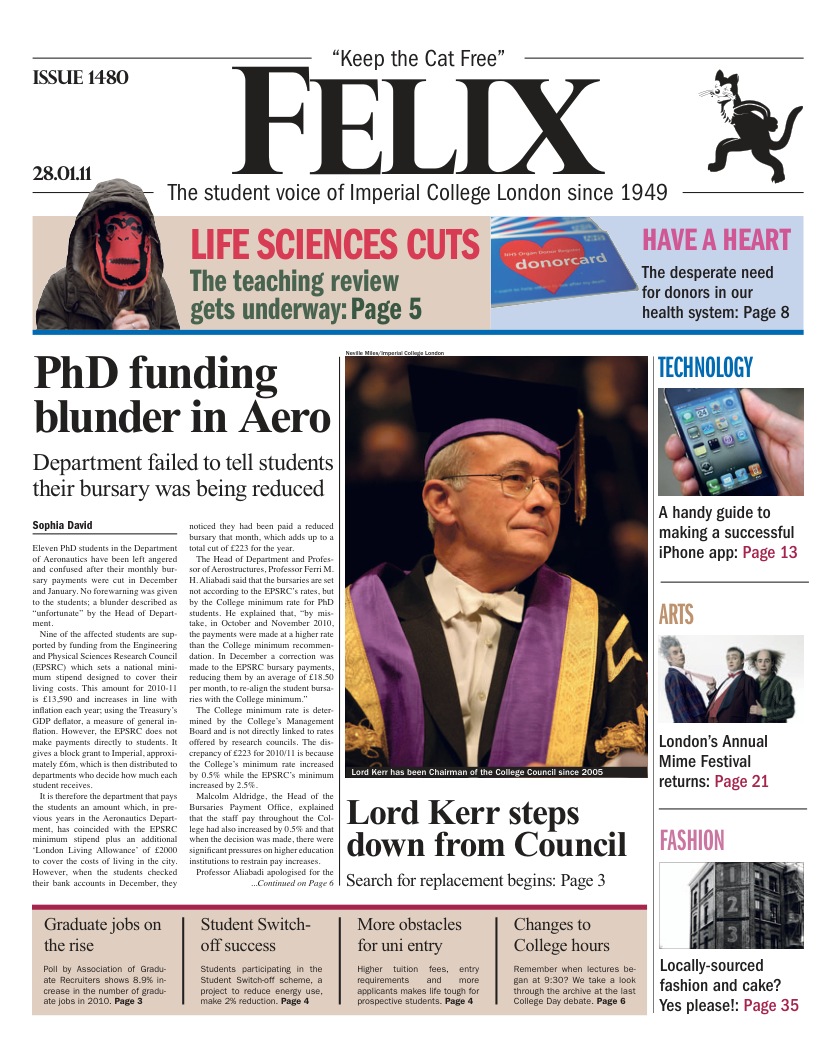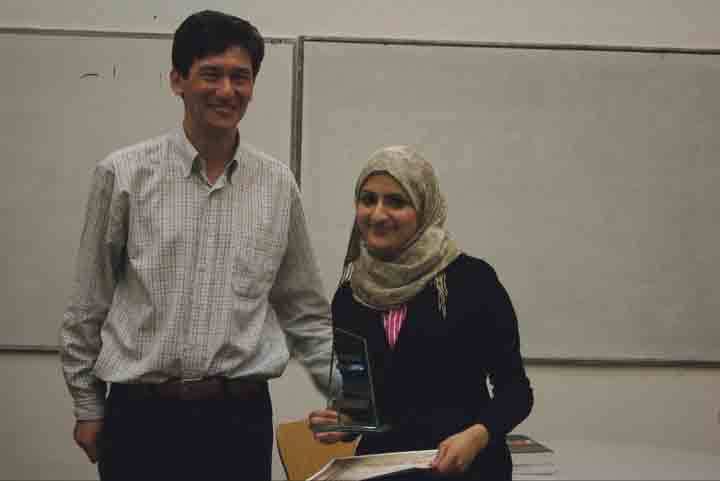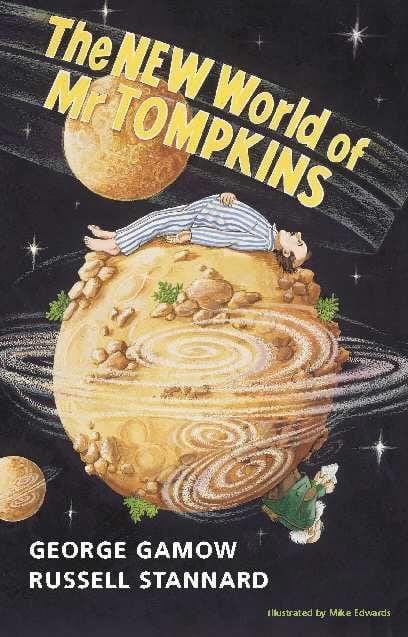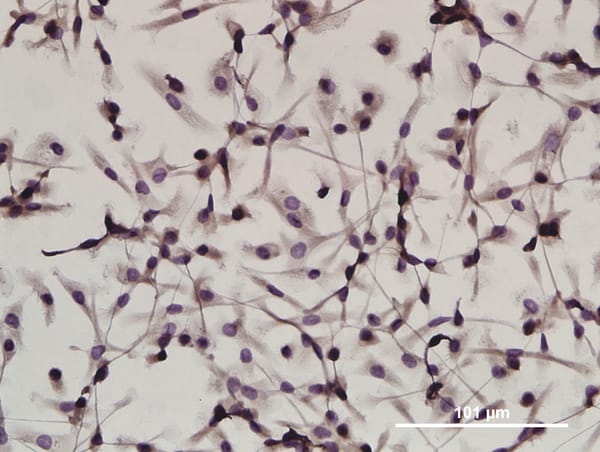Contagious canine cancer
Study sheds new light on contagious canine cancer mechanism

Researchers working on a contagious cancer found in dogs have discovered that the cancerous cells adopt an unusual method of genetic repair. The results of this study, published in Science last week, suggest that this particular cancer combats genetic decay by “stealing” genes from its canine host.
Canine Transmissible Venereal Tumour (CTVT) is considered an unusual disease as we predominantly think of cancer as strictly non-infectious. Thankfully, transmissible cancers are not found in humans and diseases such as CTVT differ from other cancers in several ways.
Most cancers occur as a result of genetic changes that make a normal cell develop into a cancerous one. With transmissible forms, the cancerous cell comes from another dog and shares its genome with the first animal in which the disease developed.
Dr Clare Rebbeck, a former PhD student at Imperial College, was originally investigating the genetic variation between CTVT samples and their geographic location. She noticed that the genetic differences found in the DNA of the mitochondria – commonly referred to as the “power-houses” of the cell – were much greater than those found in the nuclear DNA.
Until now, scientists believed that mitochondria were only transferred via inheritance through the maternal line. This research is the first evidence of mitochondrial transfer between genetically distinct cells outside of the laboratory.
It is thought that CTVT has developed this strategy of recruiting host mitochondria to combat the degradation that tends to occur in cancer’s own mitochondria.
Leader of the study, Professor Austin Burt of the Department of Life Sciences at Imperial, is hopeful that the finding will help improve our understanding of the development of cancer in general.
“Our study has revealed that this type of cancer works in a really unexpected way.” he says, “it raises some really important questions about the progression of other cancers, such as how they repair their own DNA.”
The origin of CTVT is thought to be linked to the domestication of the dog, as it can be traced back to approximately 10,000 years ago. Since then the disease has been transmitted sexually among dog populations and at some point it developed this ability to take up host mitochondria to replace the cancer’s own damaged ones.
Not only does this research mark a significant development in our understanding of mitochondria, it also likely to prove useful to future cancer research.







